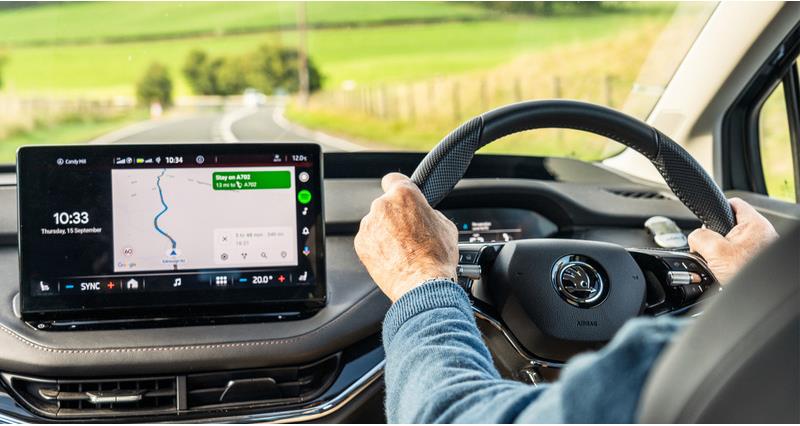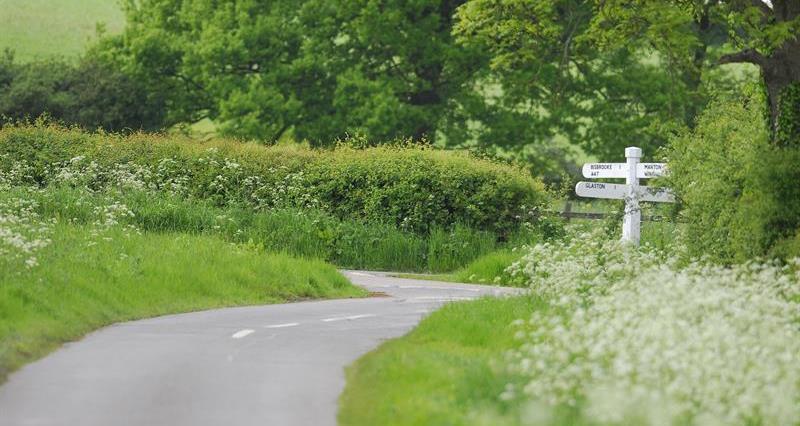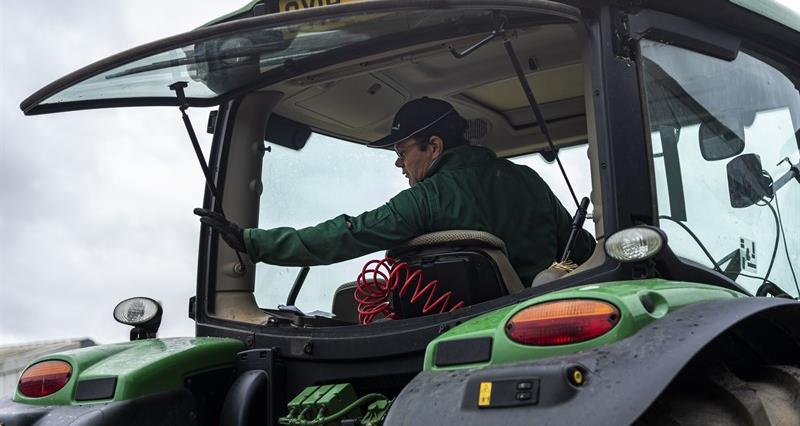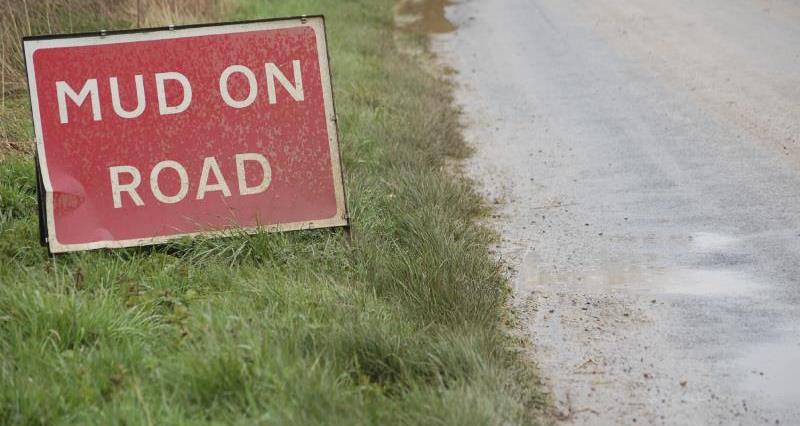There may be less traffic on rural roads than in urban areas, but there are still many potential hazards that drivers need to be aware of. Even if you’ve spent your whole life driving on rural roads, don’t forget that dangers can lurk around every corner, and should be something you think about every time you start your engine.
According to road safety charity Brake, more than half of fatal crashes in Britain occur on rural roads.
Collisions
These include collisions involving agricultural vehicles, which peak in the summer, between the start of May and the end of September. In 2022 there were 423 collisions per month during the silage cutting, hay making, and harvesting season, compared to 249 per month between October and April, according to data from NFU Mutual.
Hazards for rural road users include:
- A lack of accurate maps or signs.
- Blind bends.
- Steep hills.
- Narrow roads where vehicles cannot safely pass.
- Obstacles on the road, such as mud, animals and farm equipment.
- No hard shoulder or barriers.
- Damaged or rough road surfaces.
- Soft surfaces with dirt and gravel that has not been compacted.
To help to reduce the risk of these hazards to rural road users, here are some useful pointers to keep in mind:
Speed limits are not targets
Rural roads are likely to have hazards such as tighter carriageways, blind corners and animals in the road. So always pay attention to your surroundings and drive at a speed that’s appropriate to the road and weather conditions.
Beware of debris on the road
If roads are muddy or covered in leaves, they can be slippery in wet conditions, so reduce your speed accordingly. Likewise, manure on the road signals that there may be horses nearby. You should slow down, and be prepared to stop if required.
Be mindful of vulnerable road users
When passing cyclists, leave at least 1.5 metres when travelling at 30 mph or below, and leave even more space at higher speeds. Slow down and allow at least 2m when passing people walking on the road.
Take extra care with horses
When passing horses, slow right down to 10mph or below, allowing a space of at least 2 metres. Horses can be easily frightened, so avoid accelerating rapidly, revving your engine or sounding your horn.
Be aware of blind spots
All vehicles have blind spots, but this is particularly the case with larger agricultural machinery. All drivers need to be aware of blind spots and take extra care when encountering large agricultural machinery on the road.
To find out more about staying safe in rural areas, read NFU Mutual’s Rural Road Safety advice at: nfumutual.co.uk/rural-road-safety.
Driving tractors on rural roads
Driving a tractor, or other agricultural machinery, puts extra responsibility on your shoulders to ensure you are using the road safely, and watching out for other road users.
- Plan routes carefully to avoid congested roads and peak traffic times when possible.
- Ensure all equipment is roadworthy.
- Be aware of vulnerable road users, hidden junctions, and commonly-used walking, cycling and riding routes.
- Familiarise yourself with the speed limits for your vehicles.
- If you leave mud in the road, remember to clean it up.
- When turning, indicate in plenty of time; watch out for impatient drivers trying to overtake when you slow down to turn right.
- Pull in when safe to do so, to let following traffic overtake.



